Search
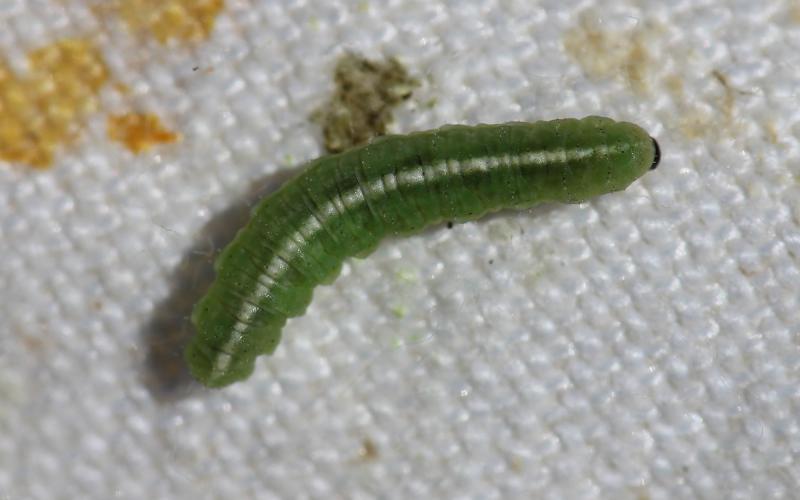
Alfalfa Weevil Activity Prediction Update: May 24, 2024
Degree day accumulations continue to estimate alfalfa weevil activity throughout South Dakota. Alfalfa weevil activity is likely greater in southern counties, but alfalfa should continue to be scouted statewide.
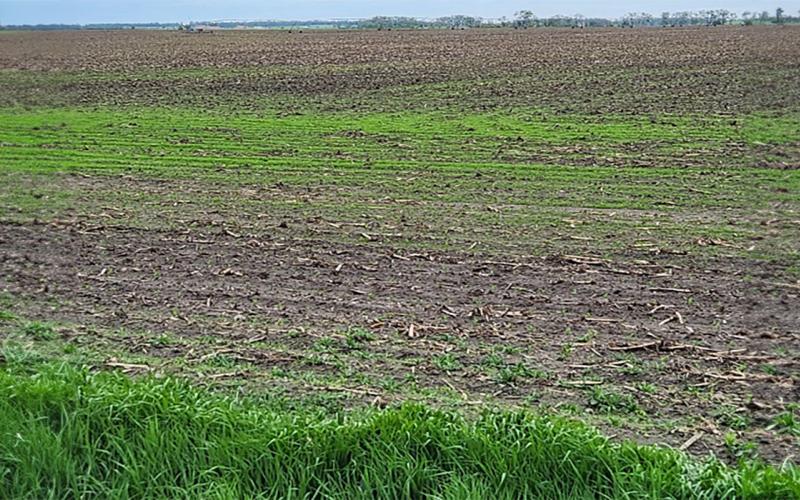
Weeds Are Starting to Emerge: Even After a Preemergence Herbicide Application
During recent scouting, weeds were noticed in plots treated with preemergence herbicides. Learn some troubleshooting considerations to help determine why some weeds emerge following preemergence treatments.
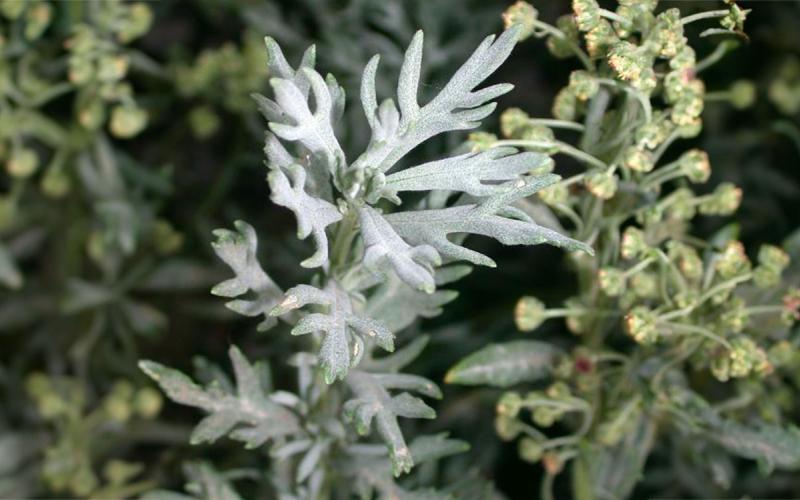
Absinth Wormwood Control in the Spring
Absinth wormwood is a difficult-to-control, noxious weed that can produce great amounts of seed (50,000 seeds per-stem) and spreads only by seed, illustrating the importance of management prior to seed production.
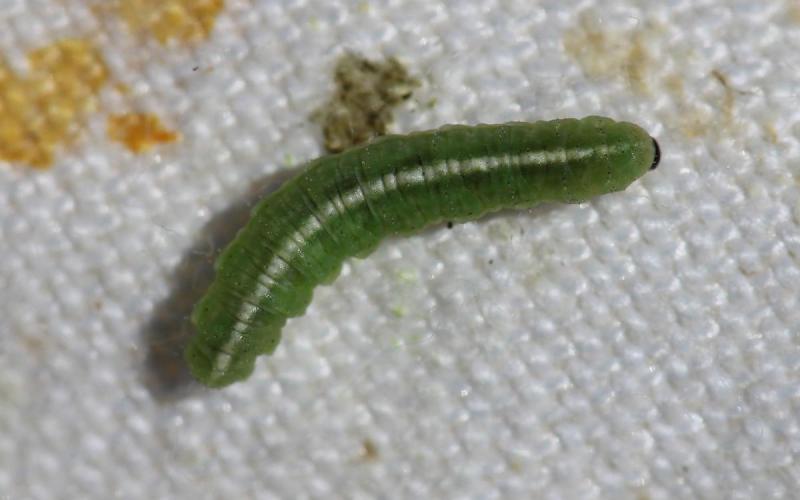
Alfalfa Weevil Activity Prediction Update: May 29, 2024
Most alfalfa weevil larvae that were observed this week were between the first and second instar, but it is likely that later instars are present in southern counties.
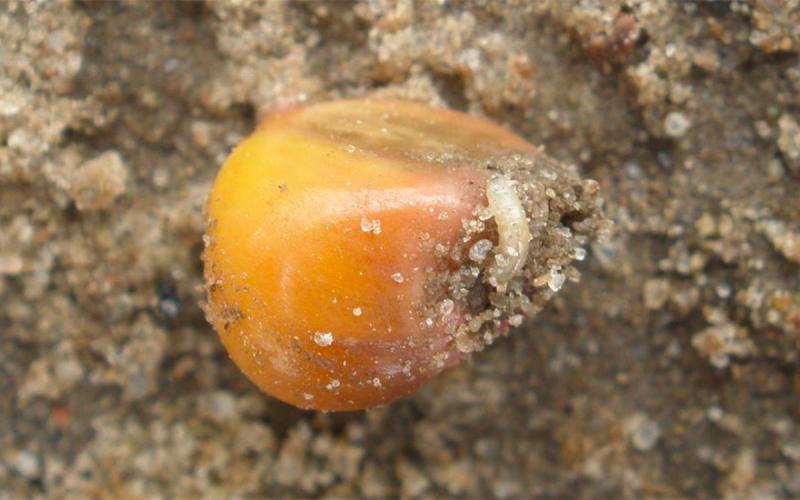
Seedcorn Maggot Degree Day Activity Estimates: May 29, 2024
Many of the northern counties are approaching enough degree days for a peak second-generation seedcorn maggot emergence to occur.
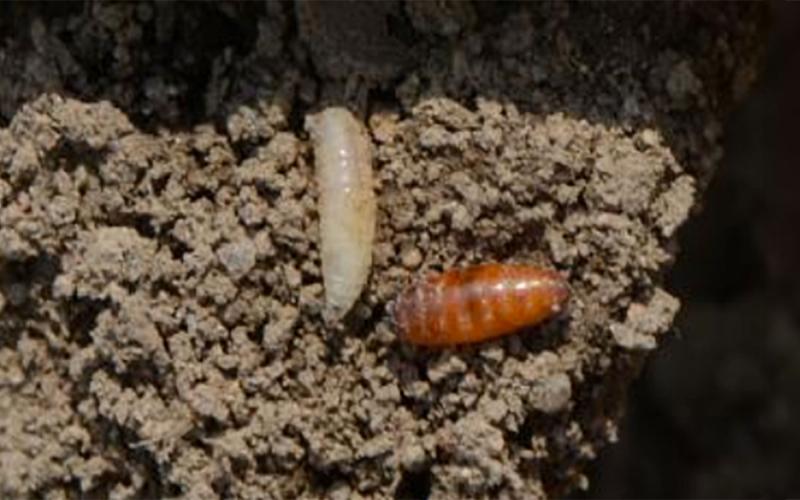
Monitor for Seedcorn Maggots in Wet Planted Fields
Current spring conditions, including wet soil and cool temperatures, could result in seedcorn maggot issues in South Dakota.

Critical Period of Weed Control: A good, but not perfect guideline
The critical period of weed control is the period during a crop lifecycle when weeds need to be managed to avoid a significant yield loss.
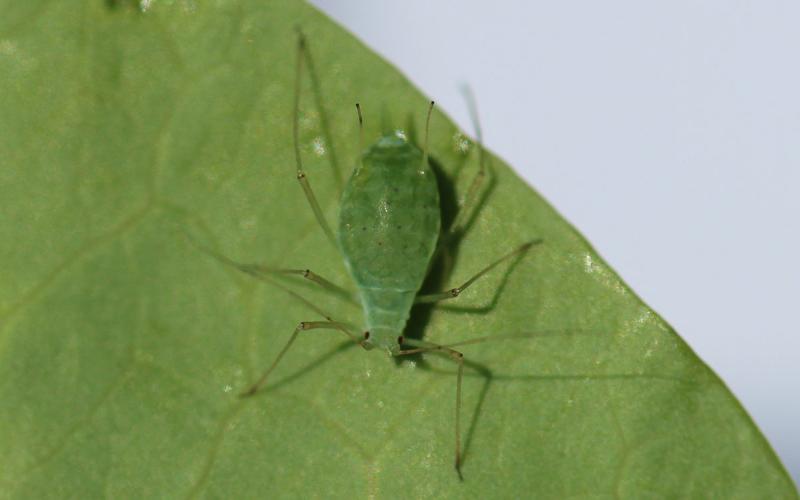
Monitor Alfalfa for Pea Aphid Activity
Pea aphids can cause yield reductions to alfalfa when large populations are present. Prolonged feeding by these populations can even cause the alfalfa fields to take on a “golden” color.
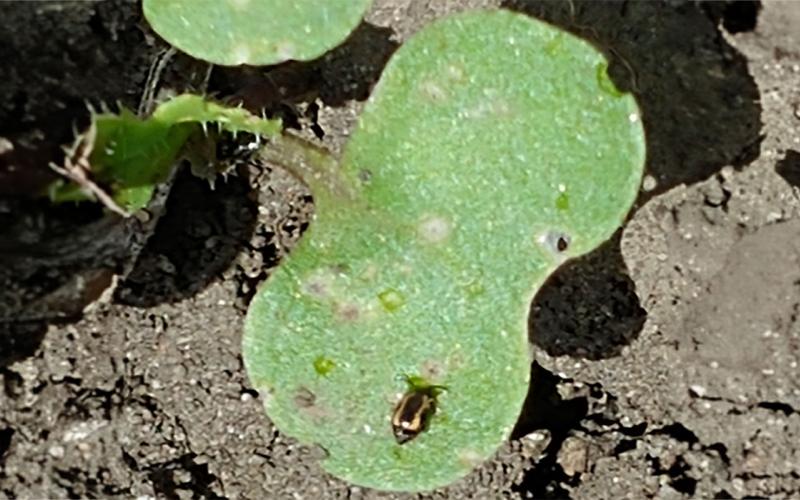
Don’t Forget to Scout Canola for Flea Beetles
Canola emergence is well underway and ahead of emergence at this time in 2023. There are three species of flea beetles that commonly infest canola and feed on the leaves.
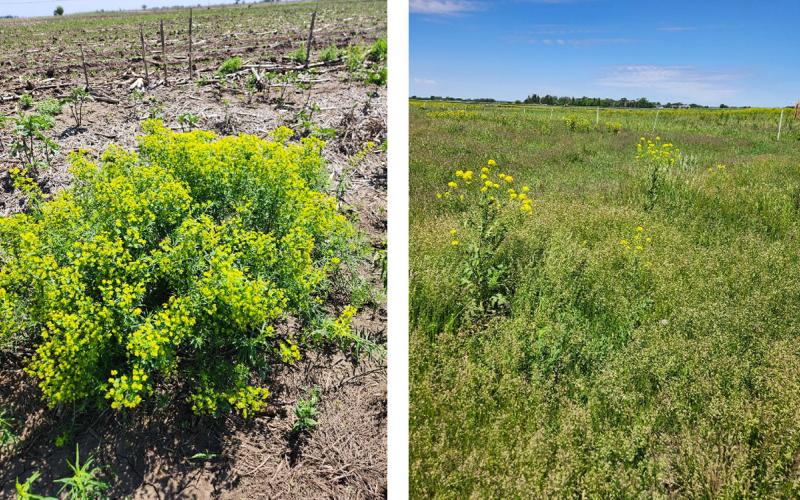
Leafy Spurge or an Imposter?
Leafy spurge is a statewide noxious weed that can be difficult to manage. However, are the recent yellow flowers appearing throughout South Dakota landscapes leafy spurge or another species?